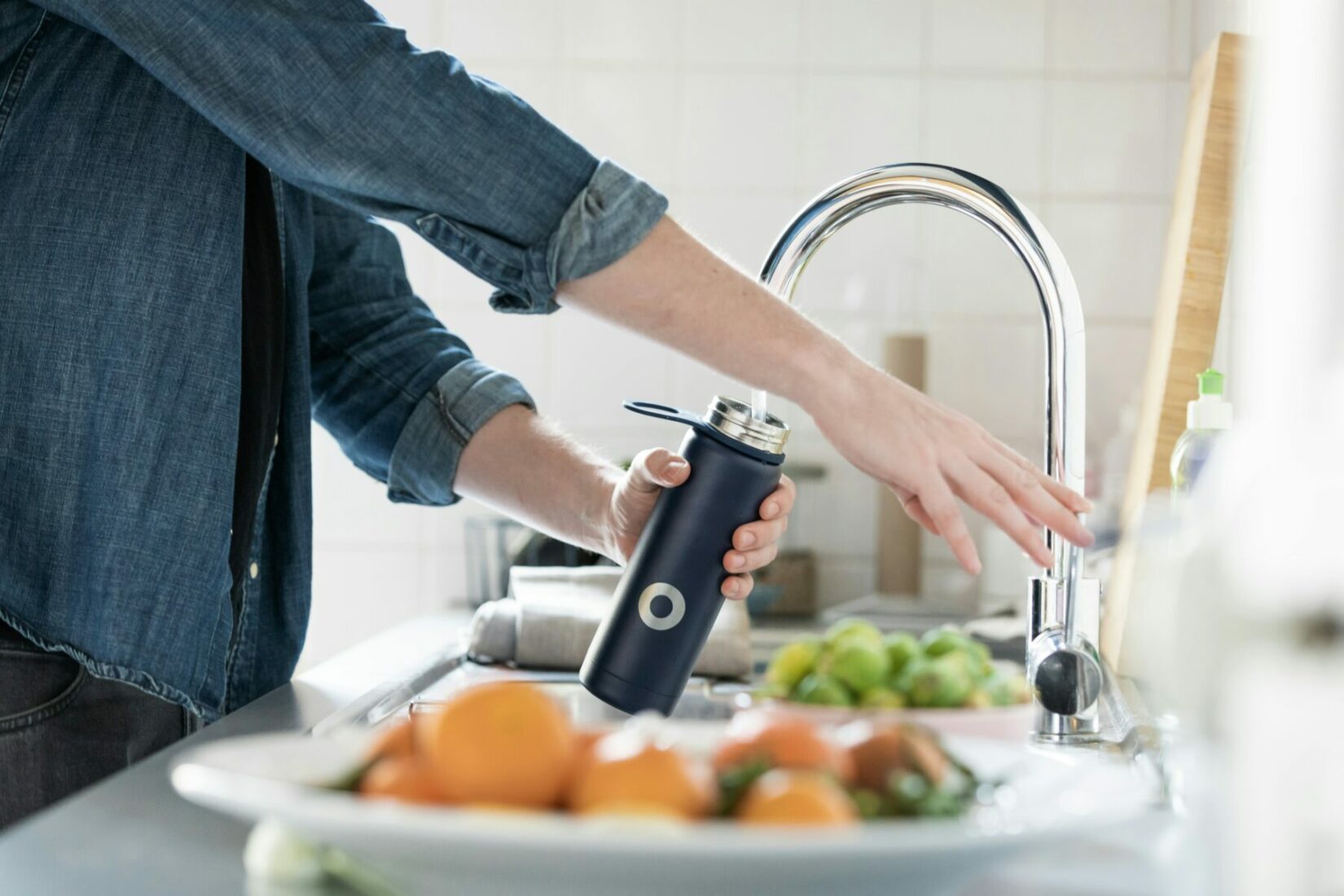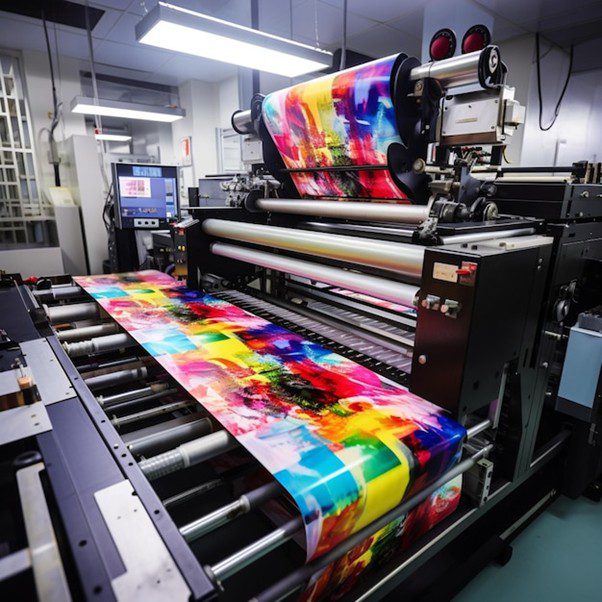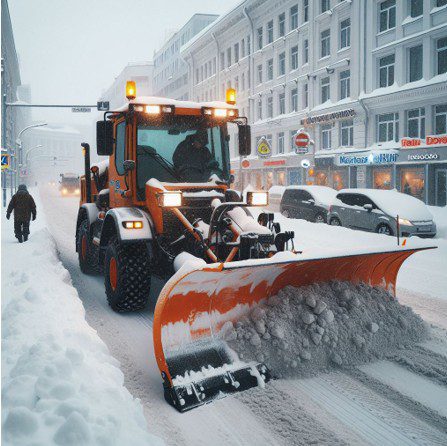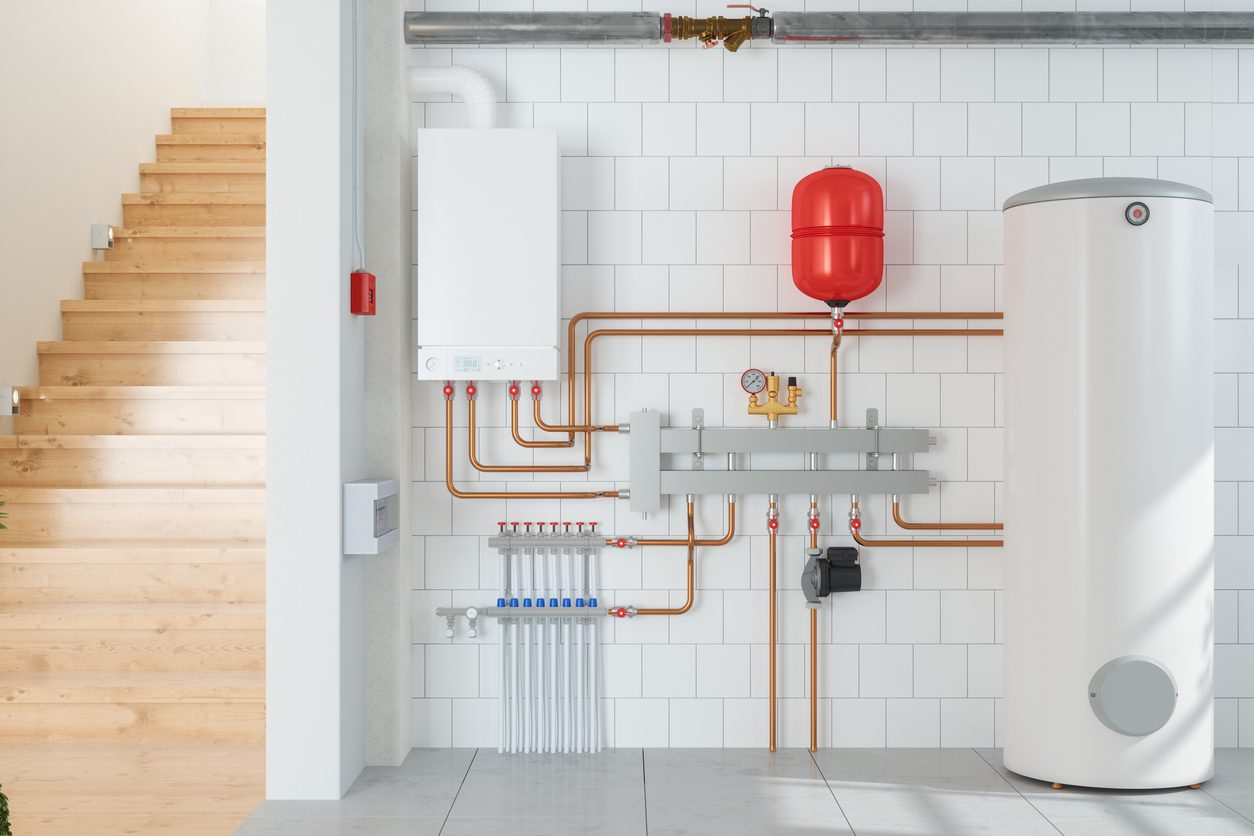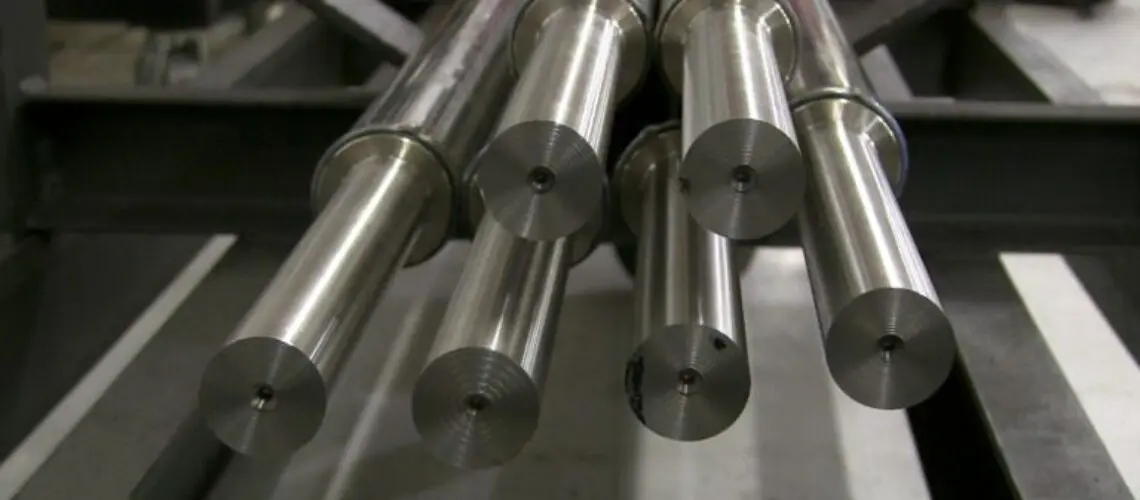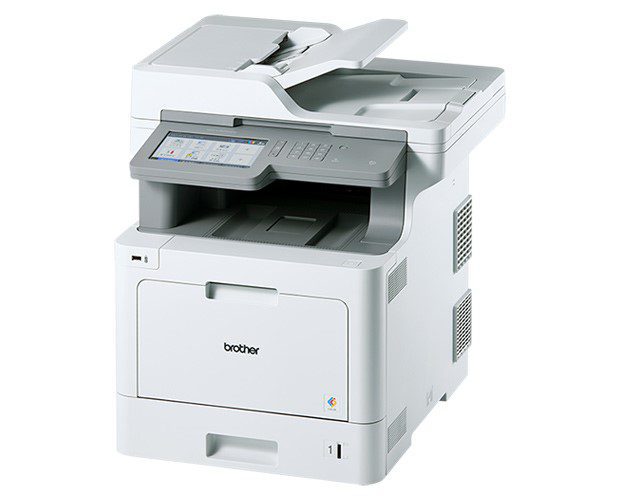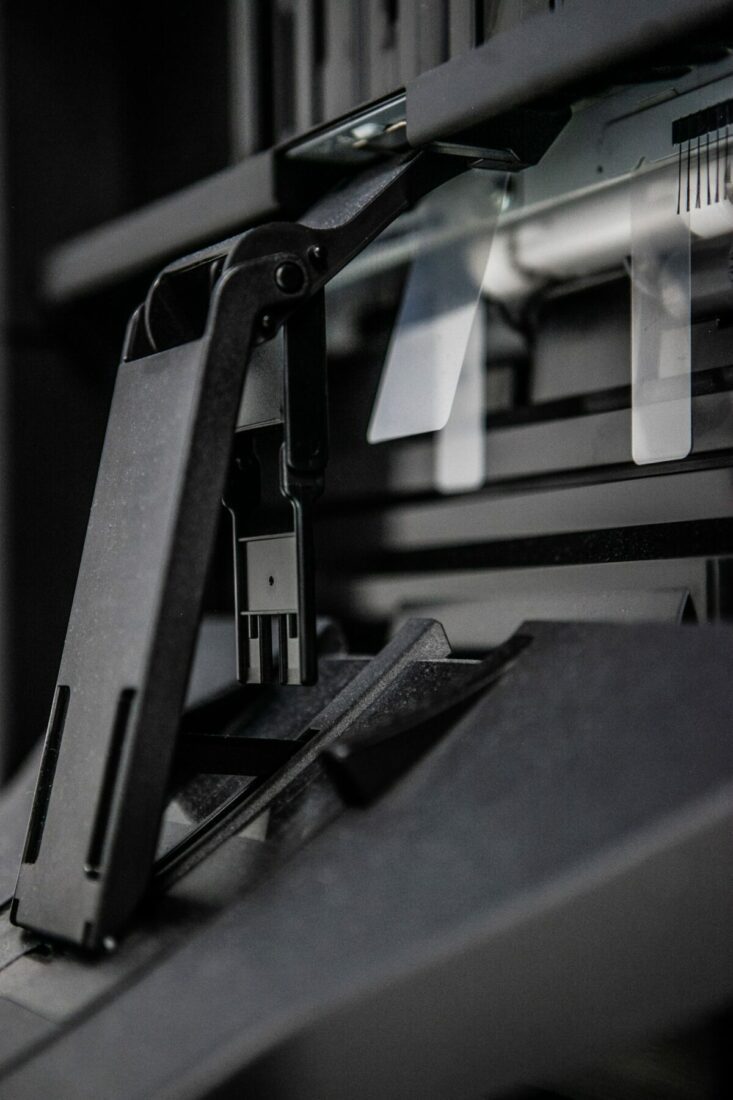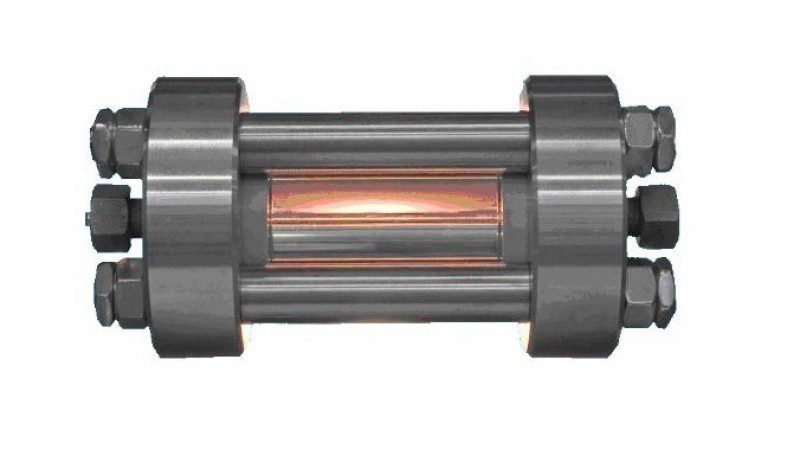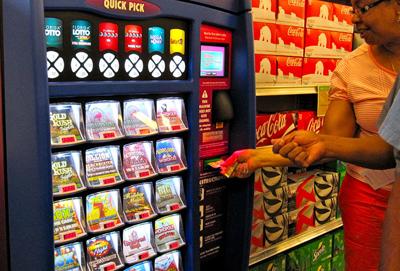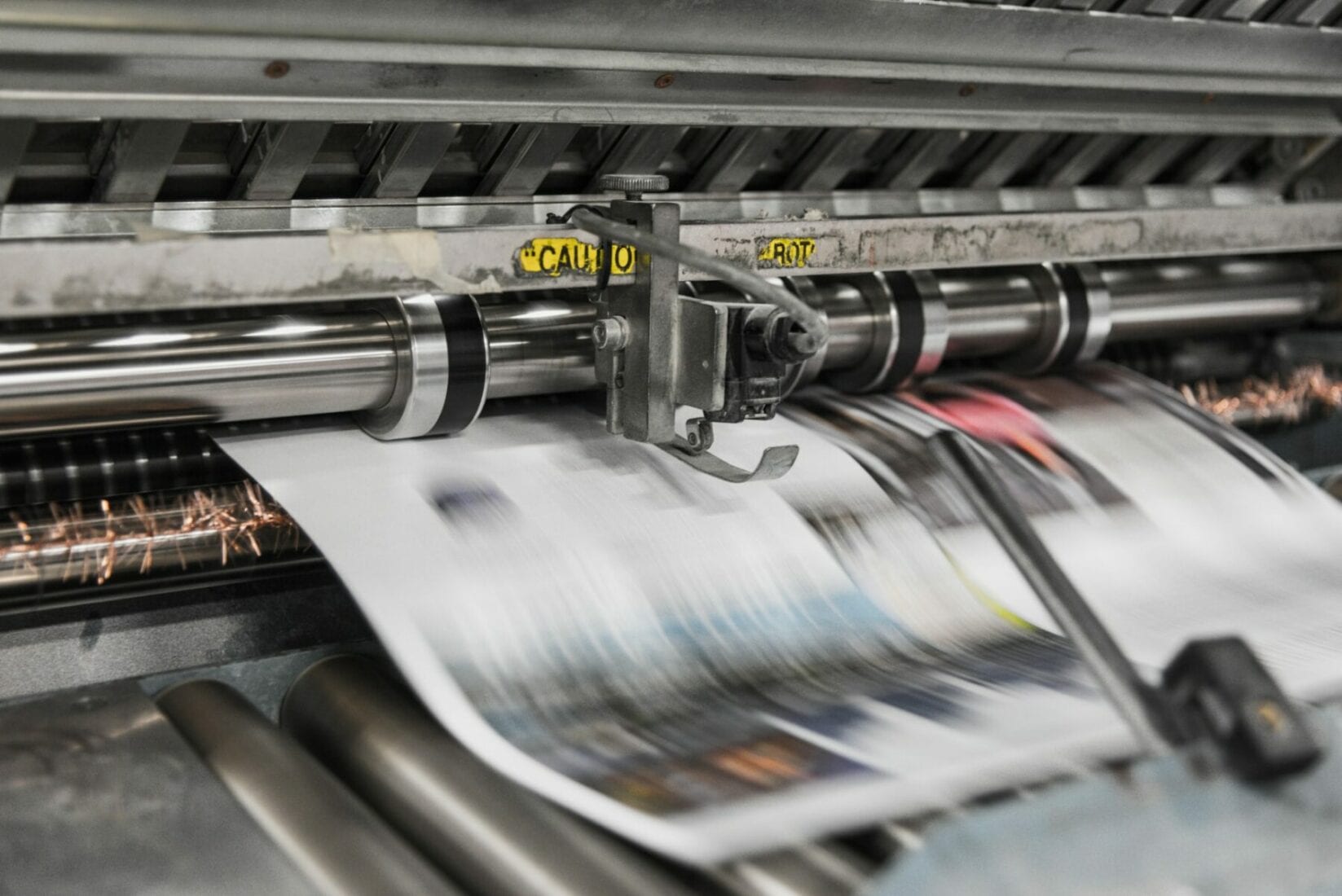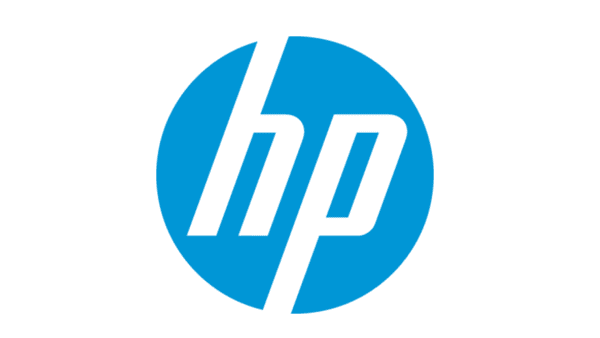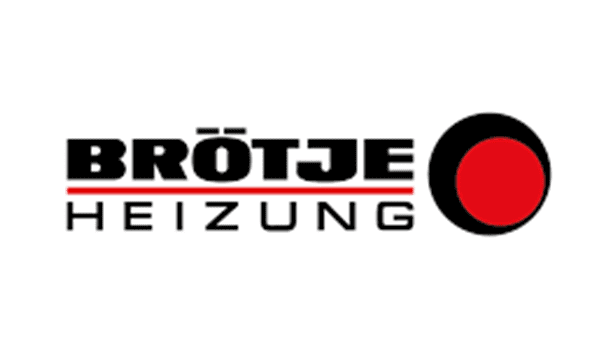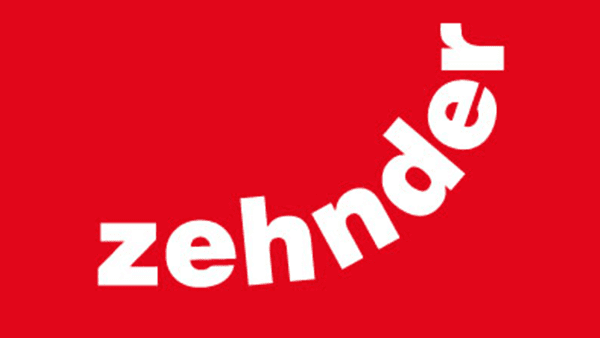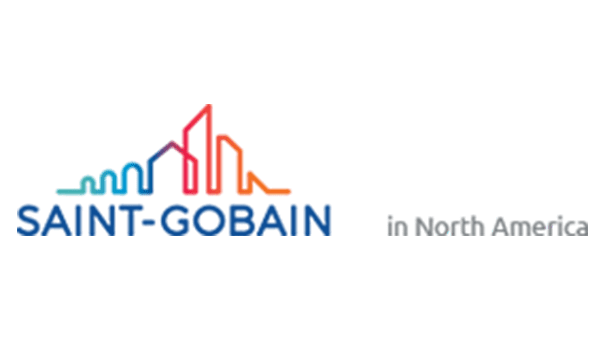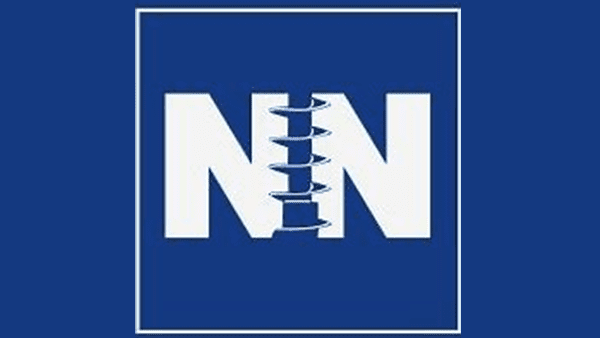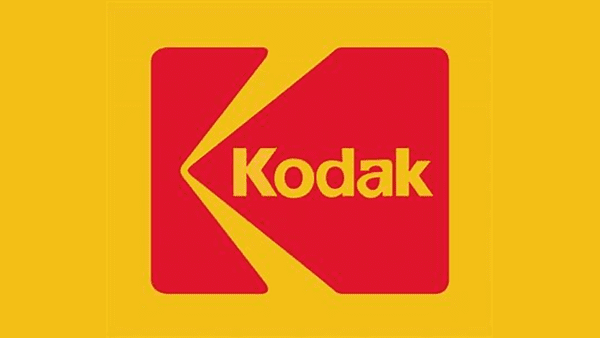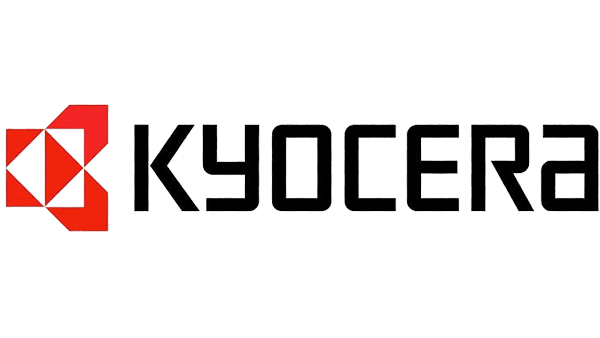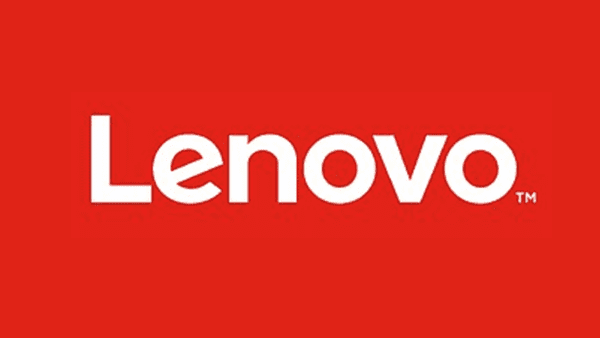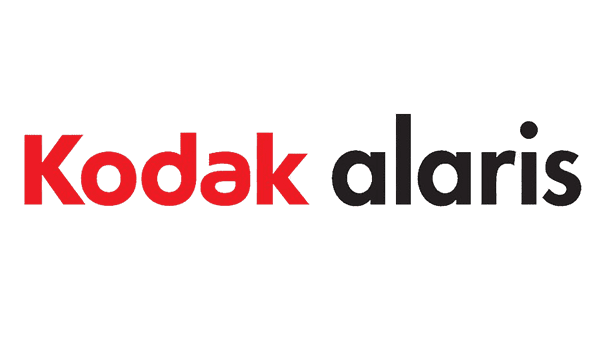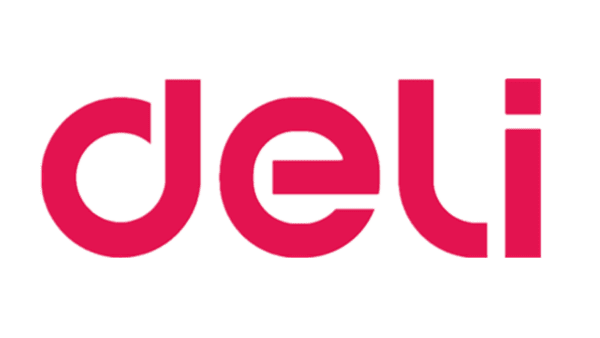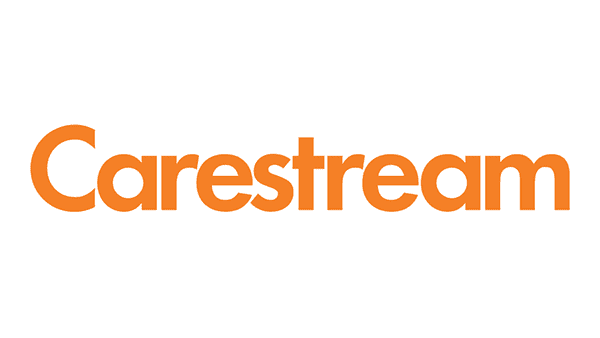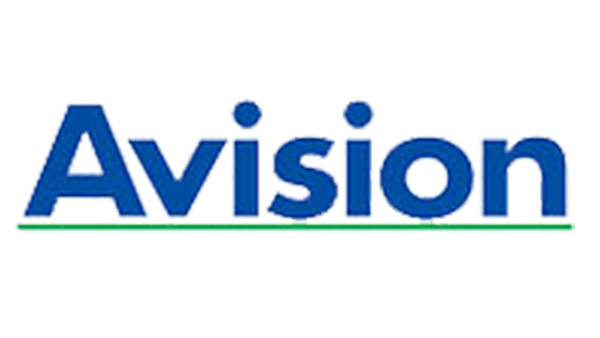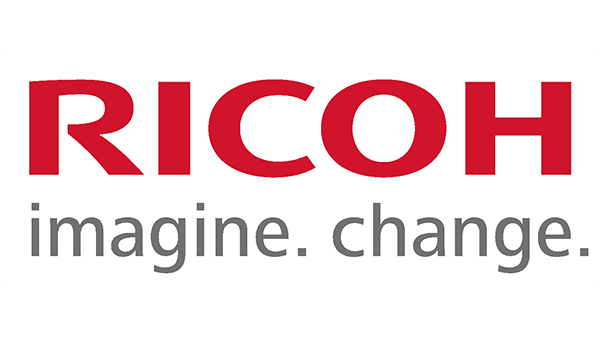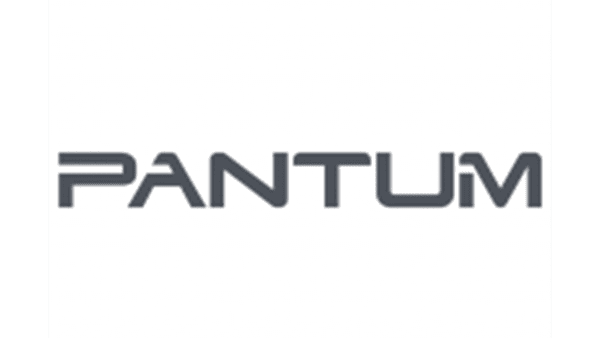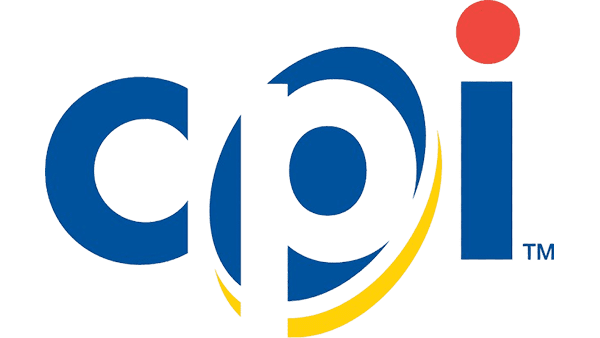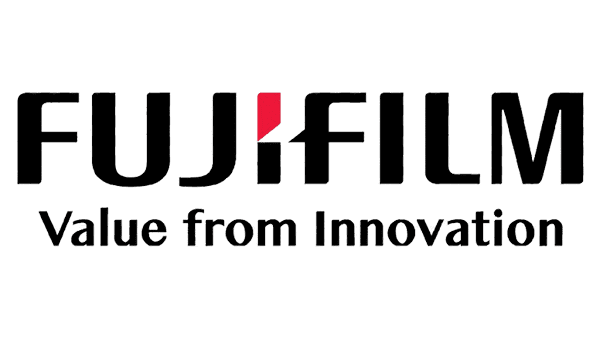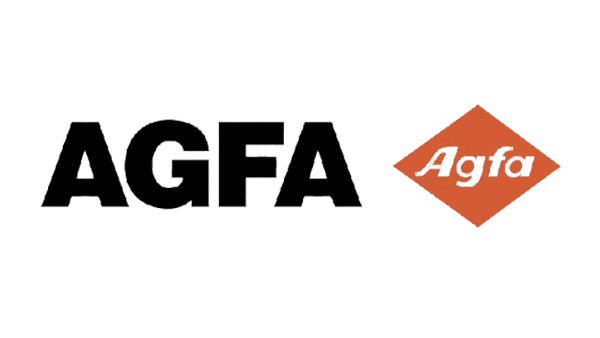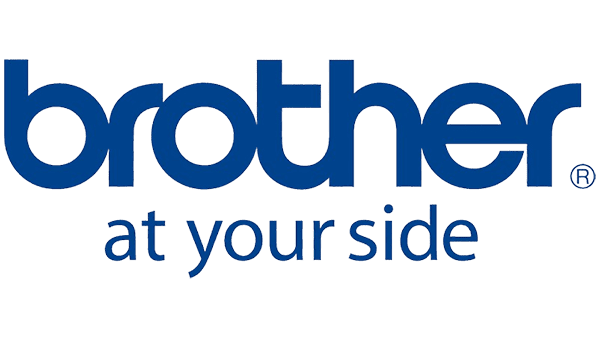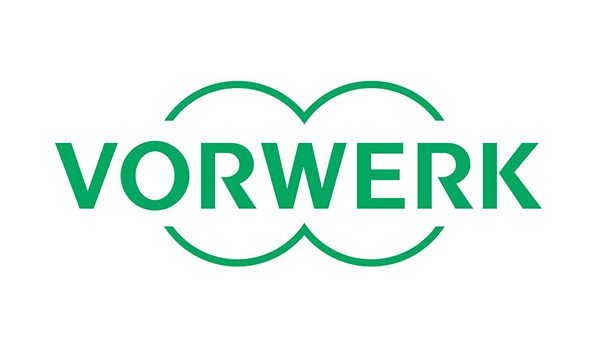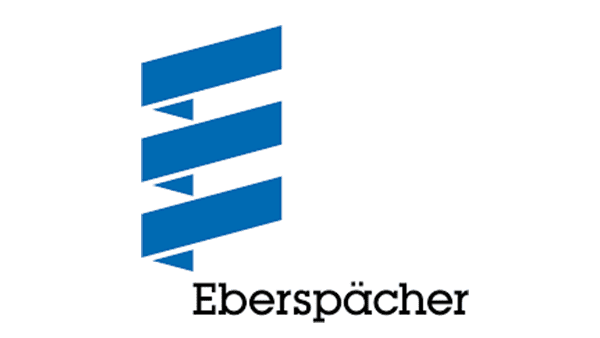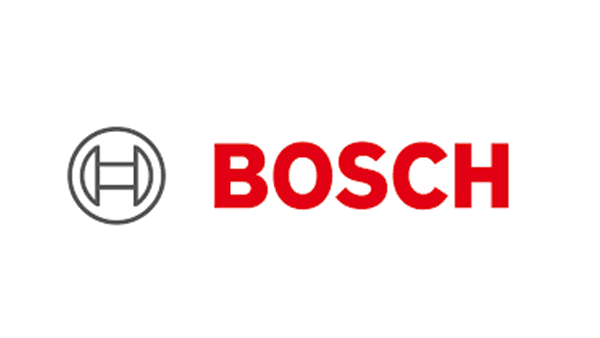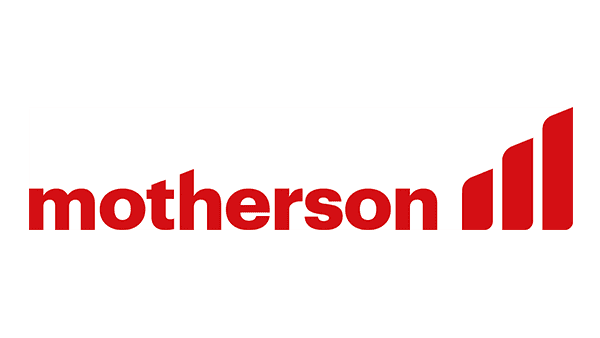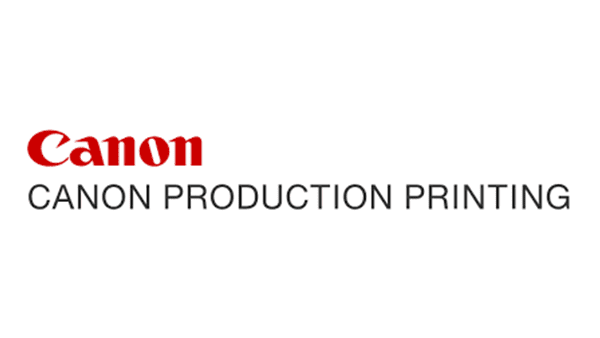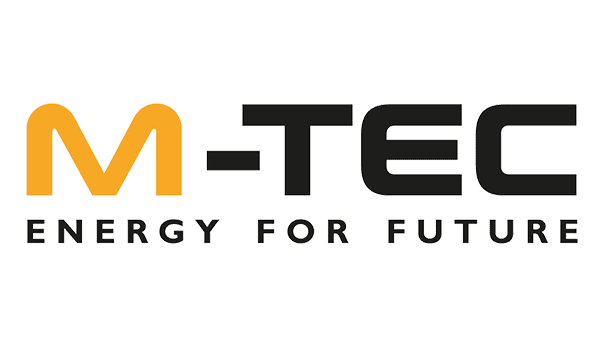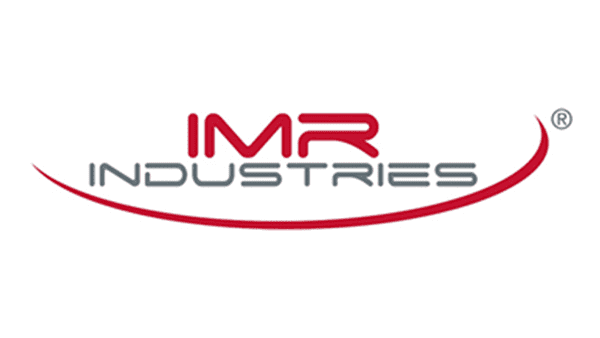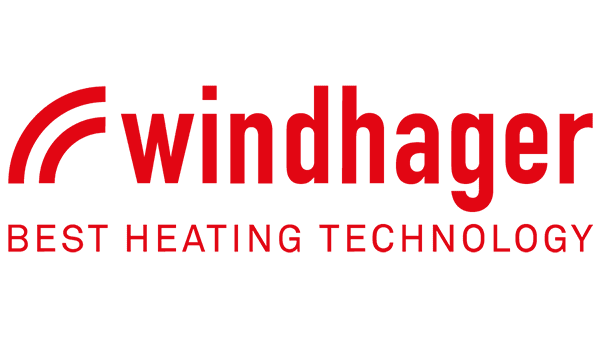Introduction
Enbi is a renowned provider of advanced sealing solutions for various industries, including automotive, consumer electronics, and plumbing. Their expertise in creating custom sealing solutions has made them a trusted partner for clients with specialized needs. This case study explores how Enbi utilized injection rubber molding technology to produce specialized seals for drinking water valves, ensuring durability, safety, and compliance with regulatory standards.
Client Background and Challenges
The client, a leading manufacturer of plumbing systems, needed a reliable sealing solution for their new line of drinking water valves. These valves would be used in residential and commercial plumbing installations, where safety and regulatory compliance were paramount. The client required seals that could withstand high water pressure, prevent leakage, and resist wear and tear over time. Additionally, the seals needed to be made from materials approved for contact with potable water to avoid contamination risks.
The Client’s Primary Challenges included:
- Ensuring regulatory compliance: The seals needed to meet NSF/ANSI Standard 61 certification for safe drinking water components.
- Material durability: The seals had to be resistant to degradation caused by prolonged exposure to water, temperature fluctuations, and high pressure.
- Cost-efficiency and scalability: The client required a cost-effective production process capable of scaling to meet demand.
Solution: Injection Rubber Molding
Enbi proposed using injection rubber molding as the ideal manufacturing process for creating these specialized seals. Injection rubber molding involves injecting preheated rubber into a mold under high pressure, allowing the material to fill the mold cavity completely and take its shape precisely. This technique offered several advantages for the project:
- Precision and Consistency: Injection molding allowed Enbi to produce seals with exact dimensions and consistent quality across large production runs. This was essential to ensuring a perfect fit within the drinking water valves, minimizing the risk of leaks.
- Material flexibility: The process supported a range of rubber compounds, enabling Enbi to select a material that complied with NSF/ANSI Standard 61. After consulting with the client, Enbi chose an EPDM rubber compound that provided excellent resistance to water, temperature changes, and chemical exposure, making it safe for use in drinking water applications.
- Cost-effective Production: Injection rubber molding proved to be an efficient and cost-effective method for producing large quantities of seals. The process reduced material waste and enabled rapid production, which helped the client control costs while meeting high demand.
- Quick Prototyping and Iteration: Enbi’s expertise in injection molding allowed for quick prototyping and iteration. The team could test different designs and materials rapidly, ensuring that the final product met all performance and compliance requirements before scaling up production.
Implementation and Results
Once the design and material were finalized, Enbi proceeded with the injection molding process to create the seals. The company’s state-of-the-art facilities ensured that each batch met the stringent quality control standards necessary for drinking water applications. Enbi also conducted thorough testing on the seals, checking for compression set resistance, tensile strength, and overall durability.
The Final Seals met all the Client’s Specifications, including:
- Leak-proof performance: The seals fit perfectly within the drinking water valves, creating a reliable barrier that prevented any water leakage.
- Regulatory compliance: The seals were NSF/ANSI Standard 61 certified, making them safe for use in potable water systems.
- Long-lasting durability: The EPDM rubber compound demonstrated excellent resistance to degradation, ensuring that the seals would remain effective even under harsh conditions.
The client was highly satisfied with the outcome, particularly appreciating the quick turnaround time and cost-effectiveness of the solution. The seals have since been implemented across the client’s entire range of drinking water valves, receiving positive feedback from end-users for their performance and reliability.
Conclusion
By leveraging injection rubber molding, Enbi provided an efficient, high-quality, and compliant sealing solution for drinking water valves. This case highlights Enbi’s expertise in creating customized rubber seals that meet the strict requirements of drinking water systems, ensuring both safety and durability. The success of this project solidified Enbi’s reputation as a trusted partner for manufacturers in need of advanced sealing solutions for specialized applications.
Find out more about our EnbiSeal brand and the solutions it offers.

